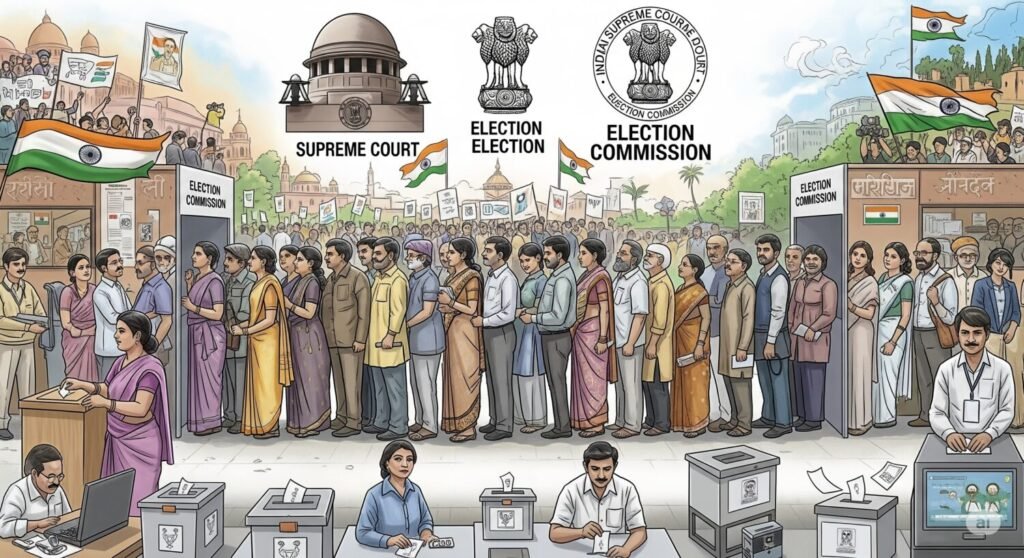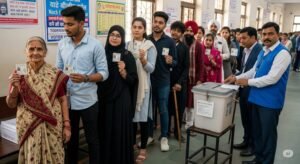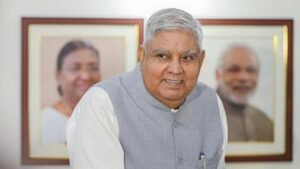In the vibrant tapestry of Indian democracy, the sanctity of the electoral roll is paramount. It’s the very foundation upon which free and fair elections are built, ensuring every eligible citizen has the right to cast their vote. Recently, however, a significant concern has emerged from Bihar, sparking a crucial debate about voter rights and the role of our democratic institutions.
The Heart of the Matter: ECI’s Directive and ADR’s Concerns
The Election Commission of India (ECI), the esteemed guardian of our elections, issued a directive for a Special Intensive Revision of Bihar’s Electoral Roll. While such revisions are standard practice to maintain updated voter lists, the Association for Democratic Reforms (ADR), a prominent election watchdog, has raised a red flag. They’ve taken the matter to the Supreme Court, expressing grave concerns that this directive, if implemented without proper safeguards, could lead to “mass disenfranchisement.”
Why the Alarm Bells?
ADR’s petition highlights several critical points that warrant attention:
- Potential for Exclusion: The primary fear is that a rushed or improperly executed revision could inadvertently remove eligible voters from the electoral list. This could include individuals who have simply moved within the state, those with minor discrepancies in their records, or even those who are unaware of the revision process.
- Impact on Millions: Bihar is a populous state, and even a small percentage of errors could translate into millions of citizens being unable to exercise their fundamental right to vote. This would be a significant blow to democratic participation.
- Arbitrary Implementation Concerns: ADR’s plea suggests that the directive might be arbitrary in its nature, potentially lacking the robust mechanisms needed to ensure accuracy and inclusivity during the revision process.
The Supreme Court’s Role
Our Supreme Court, the highest judicial authority, is now seized of the matter. This underscores the seriousness of the issue and the importance of judicial oversight in safeguarding democratic processes. The Court’s deliberations will be crucial in determining the path forward, balancing the need for an updated electoral roll with the imperative to protect every citizen’s right to vote.
What This Means for Indian Voters
This development serves as a powerful reminder of the continuous effort required to uphold democratic principles. For citizens across India, it emphasizes:
- Vigilance is Key: It’s a call for greater awareness and vigilance regarding electoral processes. Voters should actively check their names on the electoral rolls and be informed about any revision drives.
- The Power of Advocacy: The ADR’s action demonstrates the vital role civil society organizations play in holding institutions accountable and advocating for citizen rights.
- Strengthening Democracy: Ultimately, ensuring that every eligible voter is on the list and can cast their ballot is fundamental to strengthening our democracy and ensuring that the voice of the people is truly heard.
The outcome of this Supreme Court hearing will have significant implications for electoral processes, not just in Bihar, but potentially across the nation. It highlights the delicate balance between administrative efficiency and the protection of fundamental rights, a balance that is essential for the health of our democratic republic.
Meta Description: ADR moves Supreme Court against ECI’s Bihar voter roll revision, citing mass disenfranchisement risk. Learn why this impacts Indian democracy.











